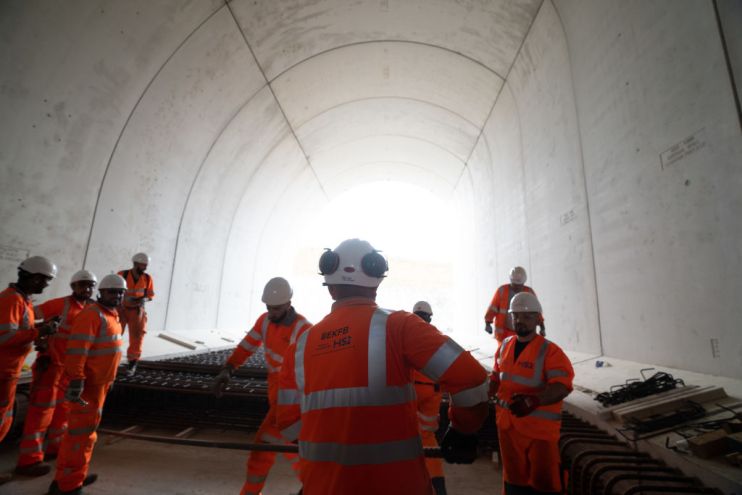HS2 boss: We didn’t know how much Euston would cost to deliver until last year

HS2’s chief executive Mike Thurston told the Public Accounts committee today that the Euston development of the project was a long way from its initial target – and that the costs of the last stretch of the line into London were poorly understood until 2022.
Thurston told the committee “candidly, it was only until we got to the autumn of last year” that the true costs of the project were fully understood.
He added: “until you’ve designed the scheme, and you’ve had a contractor price it, you don’t really know what it’s going to cost, and that’s the position we’ve now got to.”
Scrutiny of the Euston development of HS2 has continued to plague the project, with HS2 recently confirming that the £1.2bn tunnel from Old Oak Common would be paused until 2024.
Last week, Transport Secretary Mark Harper admitted in a transport select committee hearing that delays to HS2 would likely add to its ever growing bill.
The rail boss admitted there was pressure earlier in the project to “drive HS2 costs to what was deemed to be an affordable point at the time.”
MPs also fielded questions to the Department for Transport’s permanent secretary Dame Bernadette Kelly and Alan Over, director general of the High Speed Rail Group. Topics ranged from the initial budget to procurement, and how the construction delay may impact neighbouring boroughs.
MP Jonathon Djanogly suggested taxpayers were being “taken for a ride,” and that the project represented a “failure of delivery on a massive scale.”
“Has anyone been held accountable in your department for this?” he asked.
Permanent secretary Dame Bernadette Kelly admitted that the delays were a “very disappointing result.”
“I do not deny that, but it has been as a result of a conscious effort throughout that period to try and get to the best outcome both for the project and the benefits it needs to deliver for passengers and for London, but also for the taxpayer.
A budget of £55.7 billion for the whole of the project was set in 2015, but this has now exceeded to up to £71 billion.